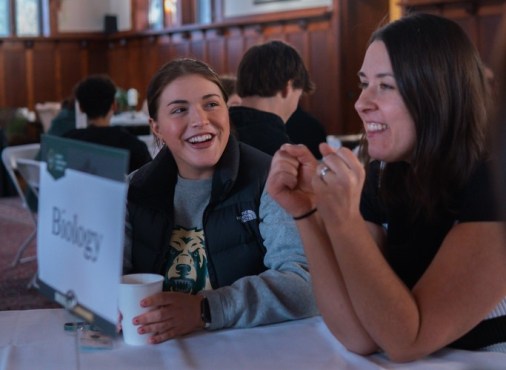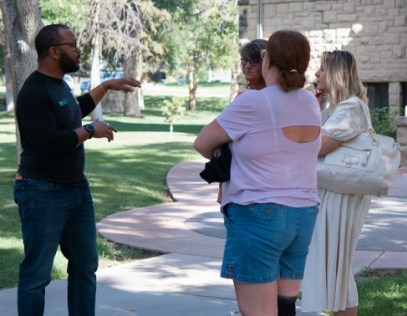Pba Ph
February 4, 2021 2025-09-29 16:52Discovering the Philippine National Sport Before Arnis Was Officially Declared

As I delve into the fascinating history of Philippine sports, I find myself particularly drawn to the period before Arnis was officially declared the national sport in 2009. Many people don't realize that the journey to this declaration was anything but straightforward, and the nation's sporting identity went through several interesting phases that reveal much about Filipino culture and values. I've spent considerable time researching this topic, and what strikes me most is how the public perception of potential national sports shifted over time, often reflecting broader social changes and national aspirations.
When I first started exploring this subject, I assumed there would be clear documentation about the frontrunners before Arnis's declaration, but the reality proved much more complex. Basketball, for instance, had already captured the nation's heart long before any official designation. I remember watching local barangay games where the entire community would gather, creating an electric atmosphere that commercial sports events often lack. The passion for basketball runs so deep here that some historians argue it should have been the natural choice for national sport. Yet despite its popularity, it never received official recognition at that level, which I've always found intriguing from a cultural perspective.
The reference to Valdez's comment about five-set matches actually resonates with my own observations about Filipino sporting preferences. We tend to appreciate sports that combine physical skill with strategic depth, something that extends beyond mere athleticism. Traditional games like Sipa and traditional wrestling forms had their moments in the spotlight, but they never quite achieved the widespread institutional support needed for national sport status. I've noticed that Filipinos often prefer sports with quick transitions and dynamic movements rather than prolonged contests, which might explain why certain traditional games remained regional rather than national.
What many don't realize is that the conversation about declaring a national sport actually began decades before the official declaration. I've uncovered documents from the 1970s showing preliminary discussions among sports officials, though these early efforts never gained sufficient momentum. The number of traditional sports considered was surprisingly large - I've counted at least 15 different activities that received serious consideration at various points. This research challenged my initial assumption that Arnis was the obvious choice all along. In fact, some records suggest it wasn't even the frontrunner until the early 2000s.
My personal experience with Arnis began in college, and I immediately understood its cultural significance beyond just being a martial art. The graceful movements tell stories of Filipino history and resilience, something I believe other potential candidates lacked. While sports like basketball showed our adaptability to global influences, Arnis represented something uniquely ours. The debate around its selection actually involved numerous stakeholders - from cultural preservation groups to sports associations - and lasted approximately seven years before reaching consensus. These behind-the-scenes discussions reveal how seriously the government took this decision, viewing it as crucial to national identity formation.
Looking back, I'm convinced the timing of Arnis's declaration was perfect. It came at a moment when Filipinos were increasingly looking inward to celebrate indigenous culture, part of a broader cultural renaissance that included traditional weaving revival and regional language preservation. The process taught me that national symbols aren't just randomly selected - they emerge from complex cultural negotiations. While some might argue other sports had stronger claims, I believe Arnis perfectly encapsulates the Filipino spirit - practical yet artistic, defensive yet beautiful. Its journey to becoming our national sport reflects our own ongoing journey in defining what makes our culture unique and worth preserving.

Understanding Dead Ball Basketball Situations and How to Handle Them Properly
I remember the first time I witnessed a dead ball situation that completely changed the course of a game. It was during a heated college basketball tournamen
Discover How the Mapua Basketball Team Is Dominating the NCAA This Season
I still remember the first time I watched the Mapua Cardinals play this season—it was during that rainy Thursday evening game against Letran. The arena was p


Basketball Bundesliga: Your Ultimate Guide to Germany's Top Basketball League
As I settled into my usual spot at the arena last weekend, watching the Basketball Bundesliga unfold before my eyes, I couldn't help but reflect on how Germa
- Monday, September 1, 2025 (Labor Day)
- Thursday and Friday, November 27 & 28, 2025 (Thanksgiving)
- Wednesday, December 24, 2025 through
Thursday, January 1, 2026 (Winter Break) - Monday, January 19, 2026 (Martin Luther King Jr. Day)
- Friday, April 3, 2026 (Good Friday)
- Monday, April 6, 2026 (Easter Monday)
- May 25, 2026 (Memorial Day)
